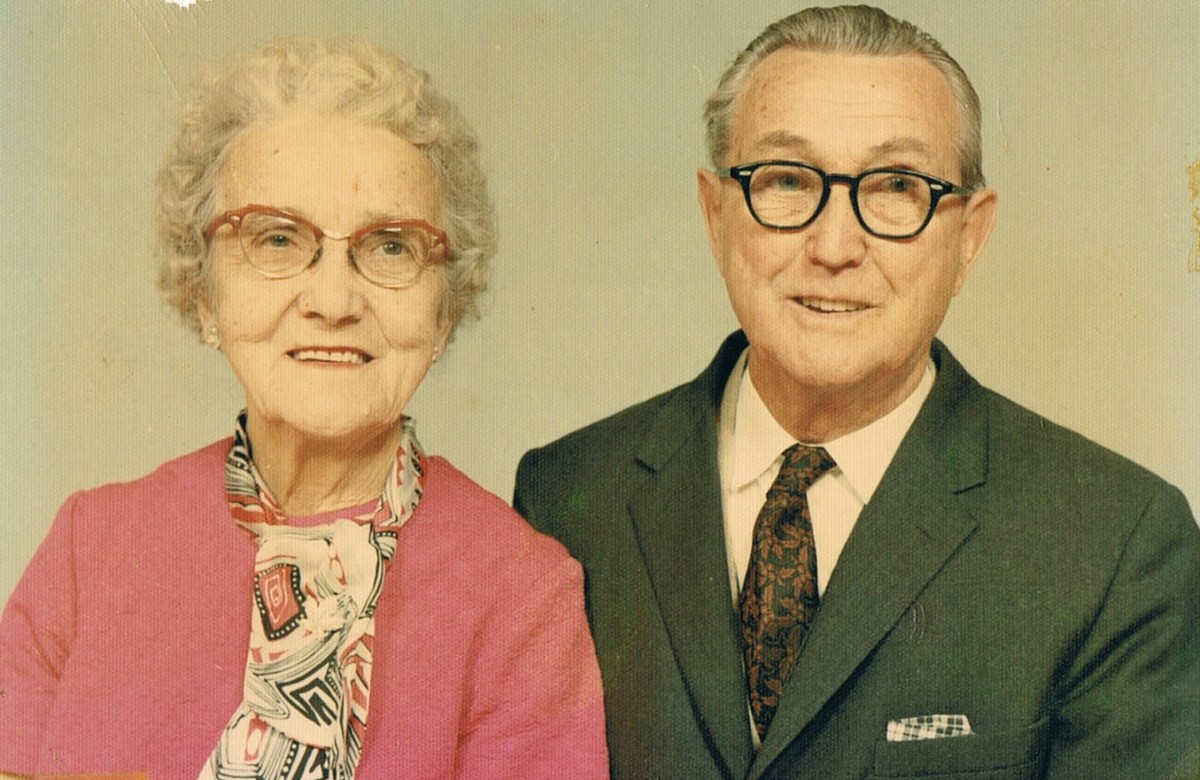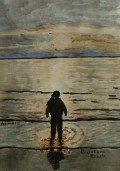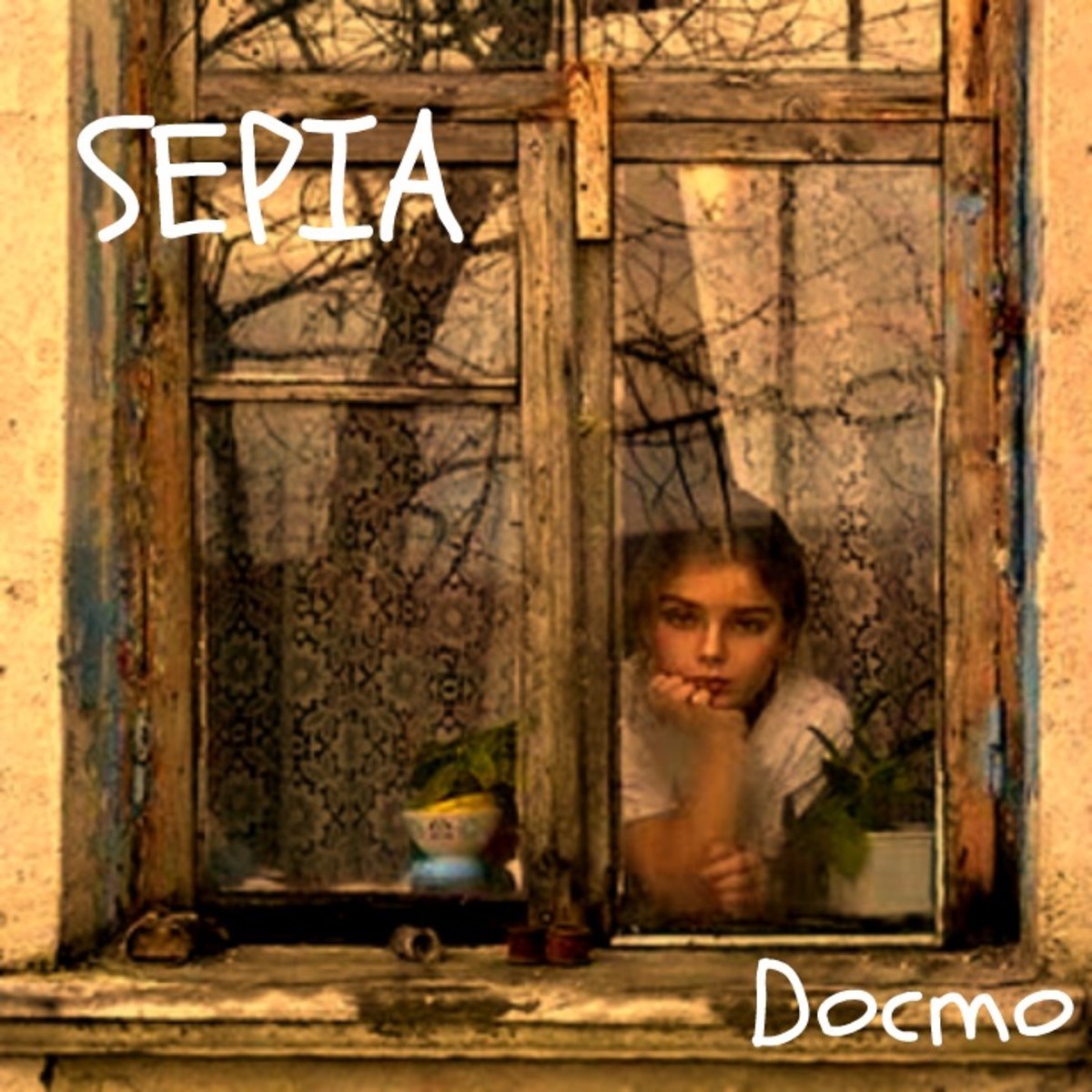My Love for a Villain
Digressive Conversations
My family never spoke of it: the war in all its infamy. It was a watershed in history that I was ignorant of until I was seated in an American classroom, where I was confronted with abhorrent accusations of crimes I could hardly comprehend.
Any attempts I made at further revelations, whether directed at my mother or any other family members, were quickly quelled by light waves of the hand or sharp exhalations of air, but never anything more. Hopes of explanation or clarification of any kind were soon drowned in seas of constant digressive conversations and some underlying current that hinted at denial and offense. Nevertheless, I was not to be derailed; consequently, at the age of sixteen, I was steered by my curiosity towards a realization that would later be met with absolute disbelief and inescapable guilt.
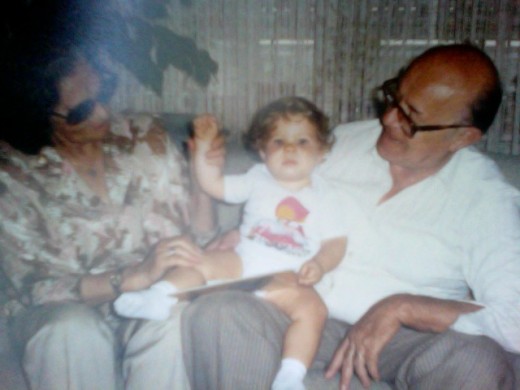
Summers Abroad
While my childhood was spent in a deep German valley, secluded from the remainder of the country and its constant progression towards modernity by vast mountains, my adolescence confined me to the mid-south of the United States. Any semblance of adjustment was unthinkable to me, and I spent the entire school year impatiently waiting to be sent back home overseas for the duration of the summer.
At sixteen, the morose air that generally clouded my aura in America had not thinned, but awaited the simple remedy of stepping foot upon German soil. The comfort was not solely in knowing I had returned home, but knowing that my grandfather, who each year welcomed me past the chaotic boundaries that signified the customs area of the expansive Frankfurt airport, would be waiting. Although so many months had once again passed, his regal, yet aged form appeared the same, hidden beneath immaculate slacks, a button-down shirt, and tweed vest. The only true signifier of his years was etched in his face.
Beside him stood my grandmother, who, a full head shorter, mirrored her husband’s irreproachable attire and essence. I was only given the opportunity to marvel at their apparent steadfastness for the moments in which I was hurriedly rushed through the winding customs line, since as soon as I bypassed my final checkpoint, my grandfather swept me up in his seeking arms.
“Nah, mein schatz?” he whispered, placing me firmly back to the ground and allowing me to turn towards my grandmother, who was anxiously wringing her long, brittle hands.
“Ah Papa, sie hat bestimmt hunger!” cooed my grandmother, gently tucking wisps of hair behind my ear, all the while smirking at my frail frame. “Why don’t we get you home and cook you some real food to eat?”
“That sounds wonderful, Oma,” I agreed and fell instep behind my grandfather, who eagerly led the way through the bustling airport corridors towards the hidden exit, outside of which sprawled an immediate future filled with laughter and ease, as was always the case when spending the summer months with my grandparents.
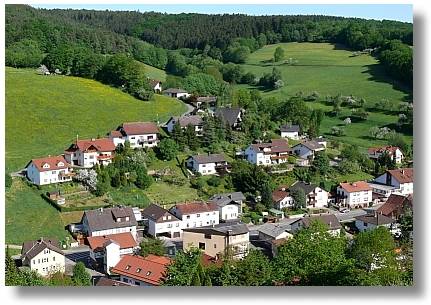


Ignorance Over Reality
After my arrival, I easily fell into a steady rhythm, which comprised daily home-cooked meals, lazy walks in the outlying mountain ranges, and earnest discussions with my grandparents about the seemingly most insignificant detail of their histories. I looked forward to these conversations the most, which would mainly take place during afternoon tea, served in the antique furnished living room that overlooked a rolling field of dandelions.
“What about when you were my age?” I asked curiously of my grandfather one afternoon as hazy light drifted in through the heavily curtained windows. He shifted uncomfortably for a moment and shook his head.
“What of it?” he retorted. “It was a time of war, nothing more.”
I slouched into my overstuffed chair and grew quiet for a moment, gingerly sipping my steaming tea and staring intently at the Persian rug beneath my feet. A simple fact had occurred to me during our exchange that I had never been conscious of before, and slowly, as a shadow cast by the afternoon soon, awareness washed over me.
“Opa?” I managed, attempting to keep any tone of accusation out of my voice. “You were only a little older than I when the war broke out, weren’t you?”
His features drooped slightly, and my awareness suddenly became panic. With a deep breath, he looked at me with a superficial smile and shrugged. “ I was a soldier, yes, as was every other boy in the land. But your grandmother, now she had a far more exciting role to play, did you not, Mama?” he asked, beaming at my grandmother, who had just walked into the room holding a plate of peeled apples and pastries.
“A role? Is that what you call it?” she chuckled darkly. “Those filthy Russians saw me as far more. I was a threat to them, Lilith!”
“She certainly was, your Oma. She was put on the Black List of Death at the very beginning of the war, chasing Russian soldiers with pitchforks and harboring her Jewish co-workers from detection…” And so, my grandfather regaled me of my grandmother’s heroics, and with the token distractibility privy to most teenagers, I was immediately involved, having ignorantly suppressed what I then believed to have been an over-dramatized epiphany.
The inability of me to formulate, no less realize what I knew deep down did not surface until three years later, when on a cold and bleak January morning, separated from me by over two thousand miles, my grandfather died. I grieved without ceasing for months, but not only for the selfish fact that he was no longer with me: I grieved because my grandfather, a man who had been so pivotal to my existence, whom I loved so honestly, was someone that my history books demonized and degraded. The man who served as the shoulders upon which I stood to achieve all that I have done and will do, was the source of hatred for millions of people, who in some way or another, felt wronged by the events of such a short time ago.
My grandfather was a Nazi soldier during World War II. The negative connotation that is imbued within those words will never be negated. The bastardization of what he once was will never cease. His legacy was damned by extraneous circumstances, and memories of him by those who did not know him well will be doomed because of that. Yet, when asked about my grandfather, the first surge of memories I experience will never mirror Third Reich propaganda; instead, it will reflect the image I saw of him through naive eyes, and in this respect, I choose my ignorance above reality.
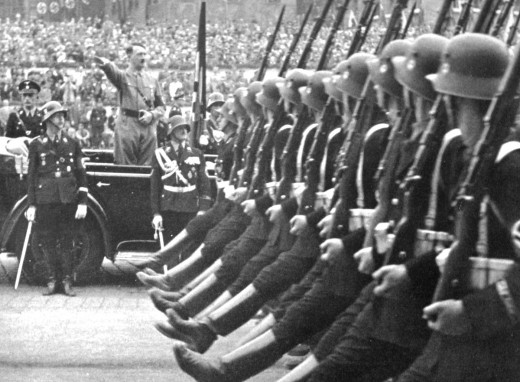
© 2011 Lilith Eden


